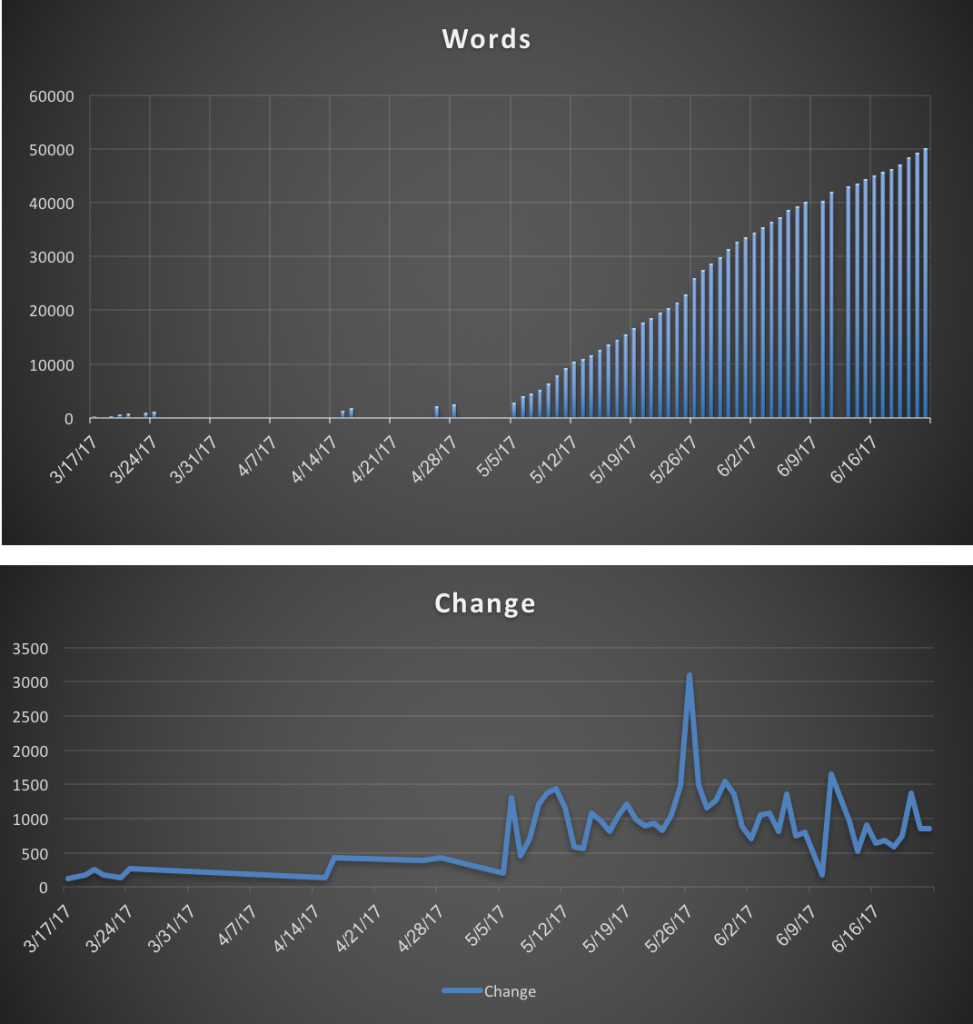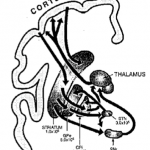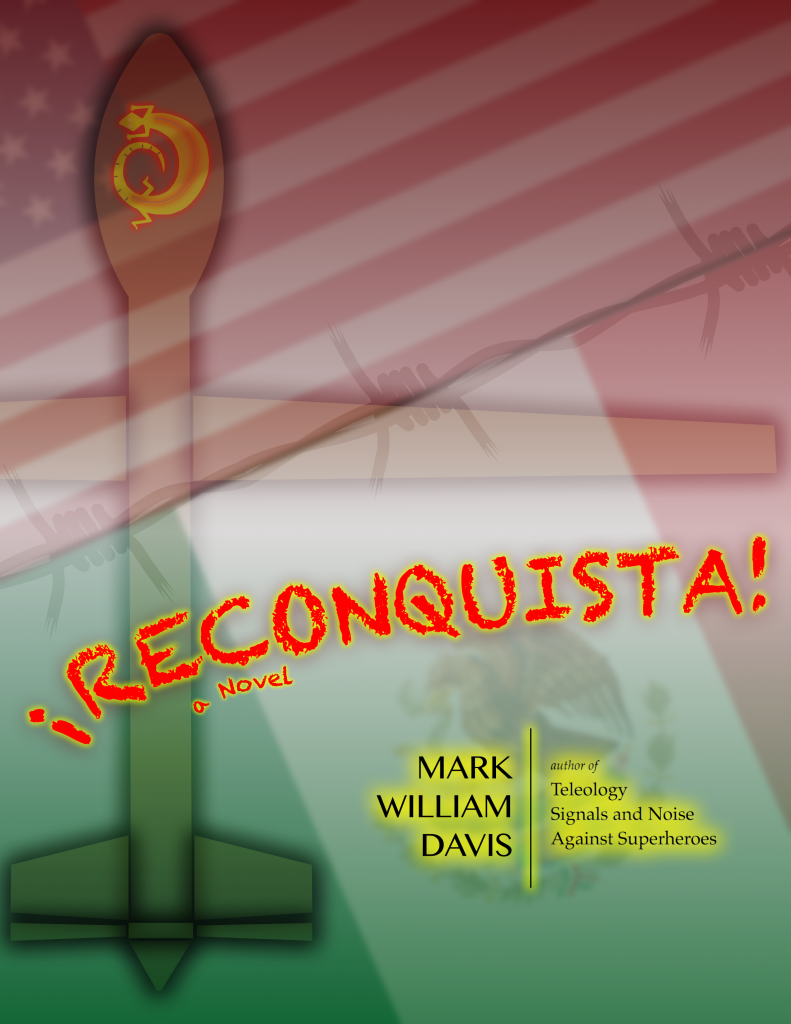 Background research for ¡Reconquista! (or any book) takes unexpected dips and turns, from Google Street Views of Mexicali, Mexico to the origins of Alta California and the campaigns of Colonel Frémont. But the most unusual find in a week punctuated by trail running in Guadalupe Mountains National Park and a brief, one hour, twenty minute circuit of Carlsbad Caverns (I was first in and had the descent largely to myself!), was a 19th-century translation of the Queen of California from Las Sergas de Esplandián. This 1510 book by Garci Rodríguez de Montalvo related an amazing tale that, as the translator and commenter Edward Everett Hale notes, provided the origin of the name of California, for Cortez imagined what is now Baja California to be an island that was to the West of the Indies, following Columbus’ lead in mislabeling the New World.
Background research for ¡Reconquista! (or any book) takes unexpected dips and turns, from Google Street Views of Mexicali, Mexico to the origins of Alta California and the campaigns of Colonel Frémont. But the most unusual find in a week punctuated by trail running in Guadalupe Mountains National Park and a brief, one hour, twenty minute circuit of Carlsbad Caverns (I was first in and had the descent largely to myself!), was a 19th-century translation of the Queen of California from Las Sergas de Esplandián. This 1510 book by Garci Rodríguez de Montalvo related an amazing tale that, as the translator and commenter Edward Everett Hale notes, provided the origin of the name of California, for Cortez imagined what is now Baja California to be an island that was to the West of the Indies, following Columbus’ lead in mislabeling the New World.
Hale’s translation and commentary are even more remarkable in their intertextual reading of the postbellum mindset that pervades all the way to San Francisco. He carries a descriptive thread likening the battle prowess of the Queen of California’s man-killing griffins to Civil War naval craft:
These griffins are the Monitors of the story, or, if the reader pleases, the Merrimacs.
And in those comparisons, he shows a careful traversal of residual war sentiments, though he is more direct in calling out the implicit racism of Hiram Powers’ statue of California for being incorrect in depicting Queen Calafia (sic) as classically whitewashed when she was described very clearly as “large, and black as the ace of clubs.”
But what of the story of Calafia? She is queen of an island of Amazonian-like women who kill men and boy children alike by feeding them to a hoard of semi-controllable griffins.… Read the rest









